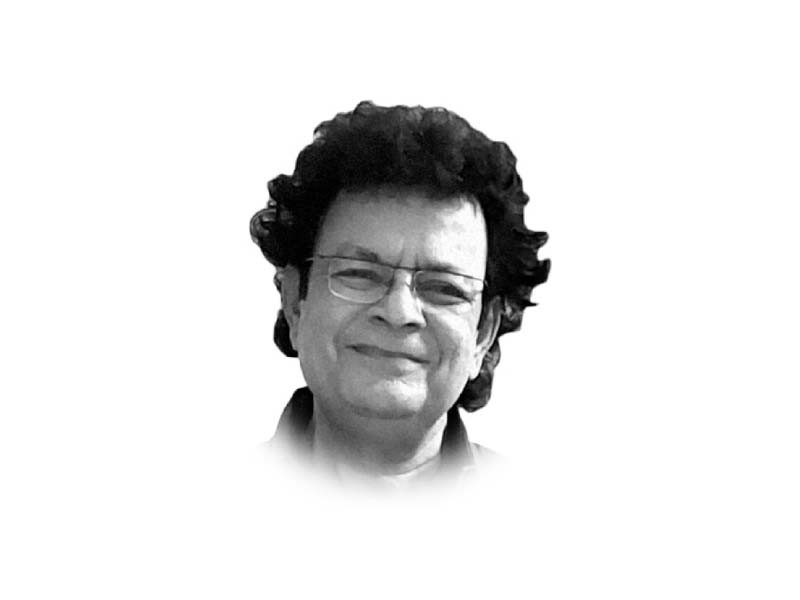
American naturalist Henry David Thoreau said, “Seeing yourself is as difficult as seeing someone without looking back.” Colombian novelist Gabriel Garcia Marquez’s Noble-Prize winner novel, One Hundred years of Solitude, is a collection of many themes of life as well as the journey of an entire civilisation from growth to annihilation of it. It teaches us whether the looters attack your town with swords or in the name of company, their aim is nothing but exploitation of local people. If curiosity makes you a victim of loneliness, that is to be empty of creation, then you are cut off from society, and getting cut off from society means death.
Unfinished wars and unfinished revolutions not only harm those who start the wars and revolutionary movements but cause the destruction of many generations to come. In this novel, a war like this is fought — a war that is abandoned at the crucial juncture, resulting in the next three generations being chopped like carrots and radishes by those who were compromised. No human settlement or generation can survive without resistance. From individual life to collective life and society as a whole, man must hold fast to resistance in order to survive. A time comes for the Buendia Family and town of Macondo when the inhabitants, instead of resistance, go towards loneliness and despair. Gradually the whole township is wiped out along with its culture.
If we desire to see ourselves, we have only to study the hundred years of solitude, where we will automatically meet ourselves and our ancestors with us. Our story is not a hundred years of solitude, but it is certainly seventy-five years of solitude. Seventy-five years of solitude is the story of our three generations, our present suffering, disappointment, self-disgust, and shame of ourselves. All of them are nothing to do with today. All these torments were born when our elders left their battle incomplete for rights, dignity and prosperity without winning; and at a decisive point they gave up without resistance. As a result, our three generations were ruined; and poverty, ignorance, extremism and misery became our destiny.
Chile’s Nobel-Prize winning writer Pablo Neruda has said, “Dying is a process, and it starts when you don’t travel.” Stop reading the books when you don’t hear voices full of life and stop praising yourself. You begin to die when you kill self-esteem, when you consider asking for help from others to be an insult to your ego, when you become a slave to your habit and follow the same routine everyday without changing your routine. You start to die when you run away from unknowing dangers and don’t chase dreams. Take the risk, run away from logic and go in search of dreams. Be happy and never let yourself die drop by drop.
French-born American essayist Anais Nin writes, “I remember when I was 11 years old, I wrote a play about my life, the end of which was very unexpected.” The theme of the play was about a blind father and his much-loved daughter and they had their unbearable poverty. But that girl did not describe this poverty and darkness in front of her father, but instead she used to describe the beautiful scenery, gardens and environment. Then what happened? A doctor came. He operated upon her father and his sight returned. But the tragedy happened when saw that everything turned out to the opposite of what he was hearing. He didn’t cry. He didn’t lose consciousness. Rather, he said to his daughter, “What you told me and kept telling me. I have not seen here in my life, but now we will try to build our lives on their lines. Your dreams must come true.”
According to scientists, dreams are a basic need of human life. It’s never too late to start over the dreams of our elders. So decorate your eyes with your dreams once again and resume the battle that was left unfinished, that was being fought for prosperity, rights, dignity and peace of mind. We have to fight this war for ourselves, for our loved once and for our children.
Published in The Express Tribune, December 27th, 2022.
Like Opinion & Editorial on Facebook, follow @ETOpEd on Twitter to receive all updates on all our daily pieces.













COMMENTS (1)
Comments are moderated and generally will be posted if they are on-topic and not abusive.
For more information, please see our Comments FAQ